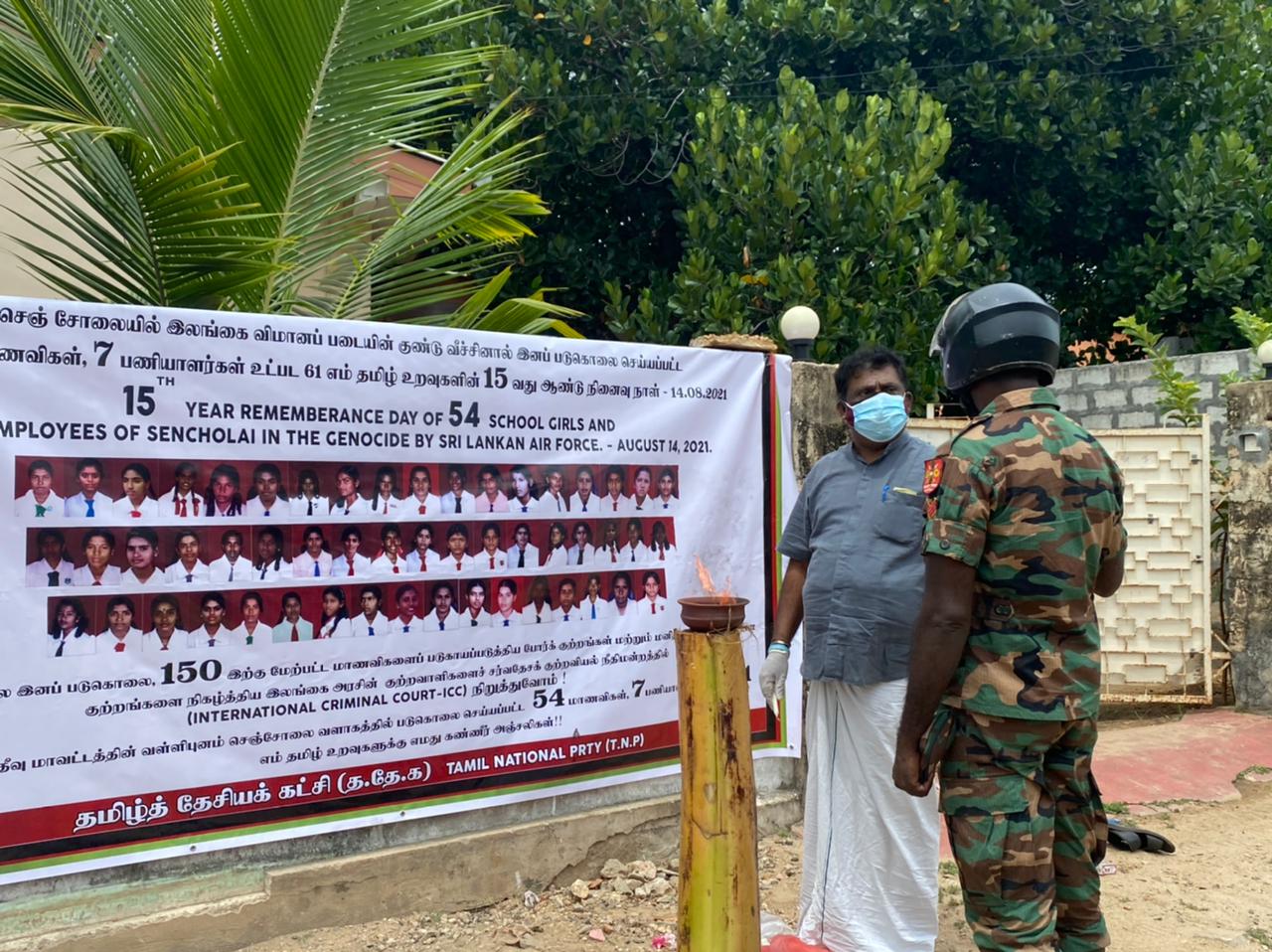Remembrance events for the victims of the 2006 Sencholai massacre, in which 53 school children and 3 teachers were killed, took place across the homeland yesterday, amidst the ongoing crackdown by the state on Tamil memorialisation.
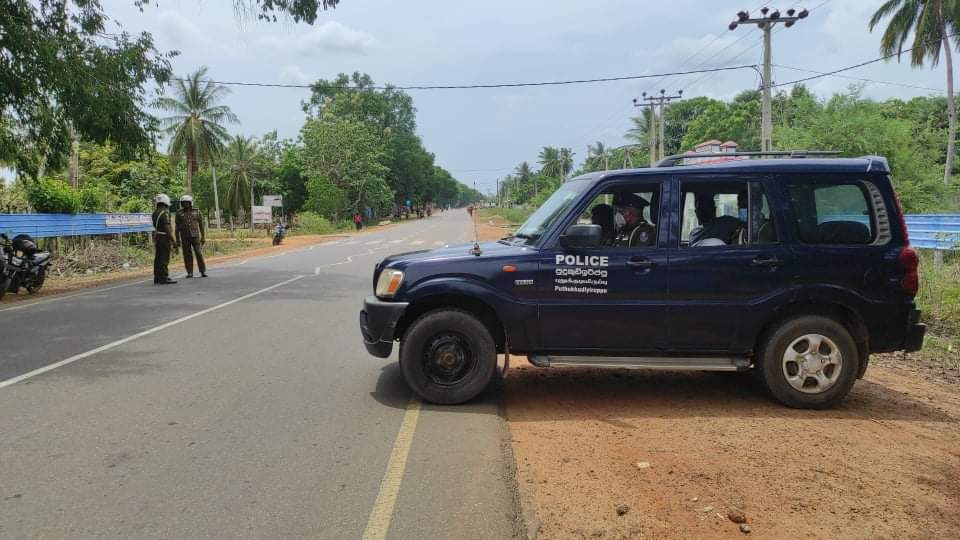
Sri Lankan security forces cordoned off the roads leading to the Sencholai children's home in Vallipunam, Mullaitivu, in an attempt to block any commemorations of the massacre from taking place. Commemorations usually take place annually at the Vallipunam junction arch near the site of the bombed home, however Sri Lankan secuirty forces ramped up their presence to block any events.
Former Northern Provincial Councillor M K Shivajilingham paid tribute to the victims of the massacre outside his office in Valvettithurai despite confrontation from Sri Lankan security forces.
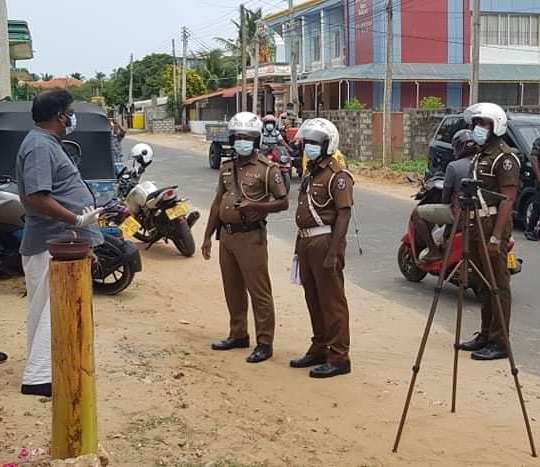
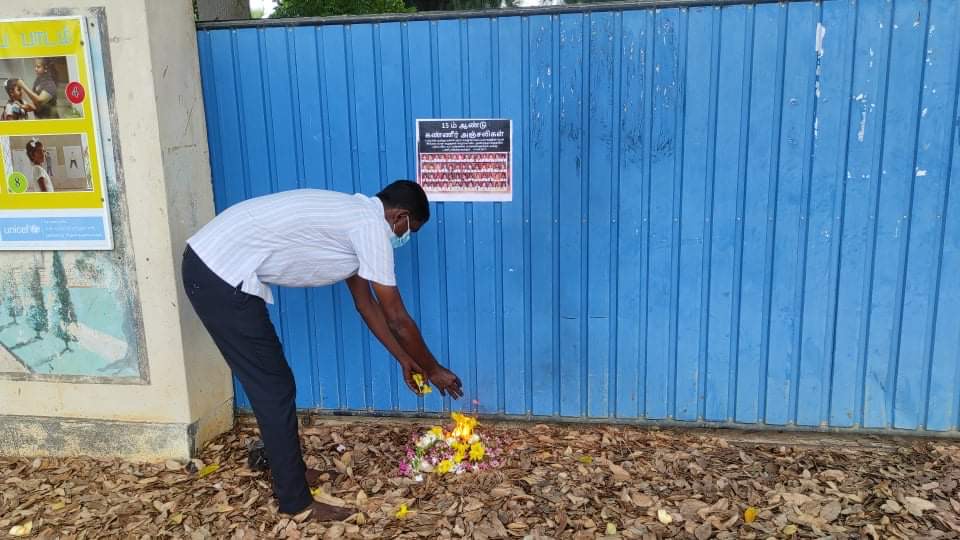
Ilankai Tamil Arasu Katchi (ITAK) activist, Peter Ilancheliyan, laid flowers and lit a flame outside Mullaitivu Maha Vidyalaya, where some of the victims had been students.
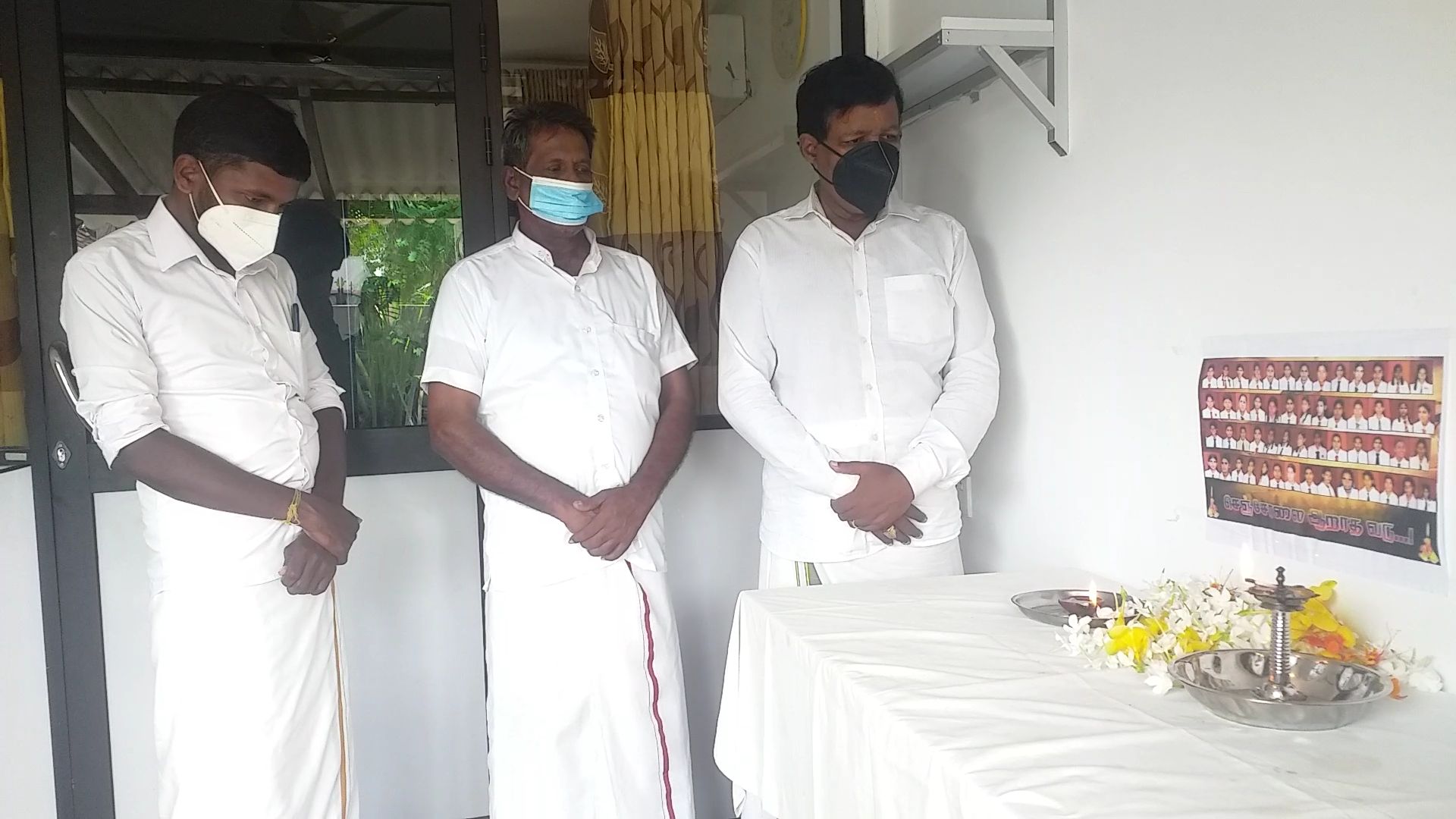
In Kallapadu, Mullaitivu, Former Northern Provincial Councillor Thurairasa Ravikaran held a remembrance event.
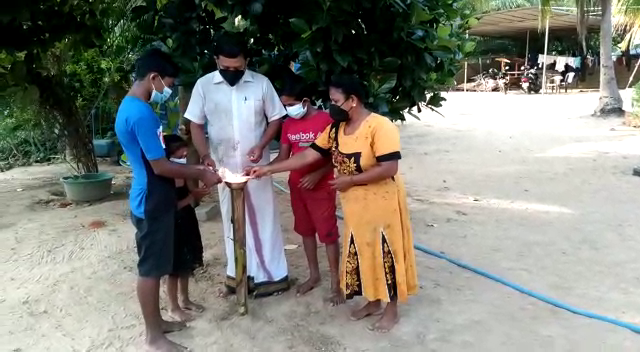
Puthukudiyirippu Pradeshiya Sabha member, Sivapatham Kuganesan also held a vigil to remember the victims of the vicious attack.
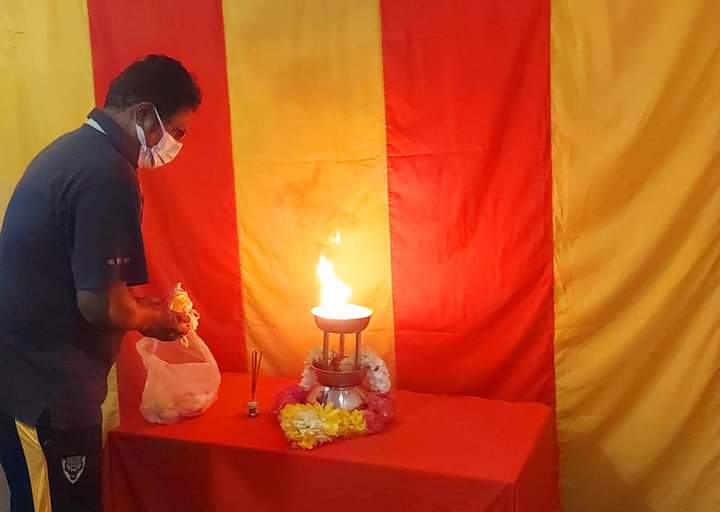
Jaffna Mayor V Mannivannan lit a candle to pay his respects for the slain school children and teachers.
The massacre
On August 14 2006, four Sri Lankan air force jets flew over the Vanni and dropped sixteen bombs over the Sencholai children's home for orphans, viciously killing 53 school girls and 3 teachers.
Although the children's home had been designated as a humanitarian zone and its GPS coordinates had been passed to the Sri Lankan military via the UN children's agency, UNICEF, and the International Committee for the Red Cross (ICRC), the Sri Lankan air force carried out their attack.
The Sri Lankan government initially denied the bombing had taken place but later claimed it had bombed a training camp of the Liberation Tigers (LTTE) and killed “50-60 terrorists.” That claim was rejected by international ceasefire monitors of the Sri Lanka Monitoring Mission (SLMM) and UNICEF.
"These children are innocent victims of violence," said Ann M. Veneman, Executive Director of UNICEF said in a statement.
UNICEF’s Colombo chief, Joanna VanGerpen told reporters: "we don't have any evidence that they are LTTE cadres... From what we understand at this point, these children were from surrounding communities."
To date, there has been no accountability for the killing of the 53 school children and 3 teachers.
Read more on the massacre here.
We need your support
Sri Lanka is one of the most dangerous places in the world to be a journalist. Tamil journalists are particularly at threat, with at least 41 media workers known to have been killed by the Sri Lankan state or its paramilitaries during and after the armed conflict.
Despite the risks, our team on the ground remain committed to providing detailed and accurate reporting of developments in the Tamil homeland, across the island and around the world, as well as providing expert analysis and insight from the Tamil point of view
We need your support in keeping our journalism going. Support our work today.
For more ways to donate visit https://donate.tamilguardian.com.

